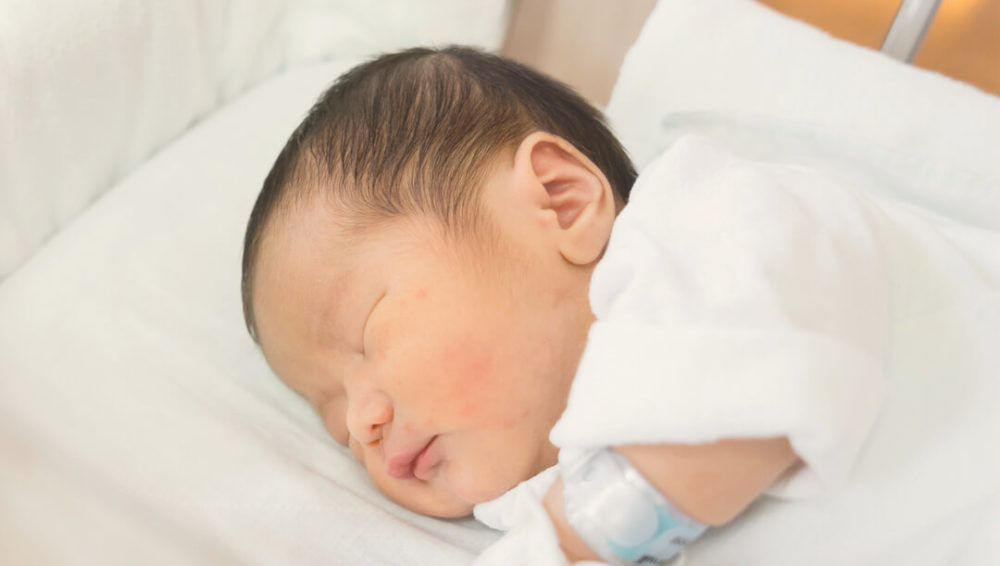Can I infect my child with HPV or HIV?
Insights

Women who have a sexually transmitted infection during pregnancy may worry that the virus could harm their baby, but, in most cases, it won’t affect the baby.
HPV in pregnancy
HPV stands for human papillomavirus. It’s the most common sexually transmitted infection. HPV is usually harmless and goes away by itself, but some types can lead to cancer or genital warts. Nearly all sexually active people will get HPV at some point in their lives. This is because, unlike other types of STIs, there are over 150 different varieties of HPV. Many of them typically don’t cause any problems and will go away on their own. Few people even find out they have it.
Risk of transmission of HPV to the baby
HPV transmission can occur in the absence of clinically evident lesions, though the classic mode of transmission of HPV to the newborn is during the passage of the fetus through the birth canal and on coming in contact with infected maternal secretions. However, in certain instances newborn may be infected despite being delivered by cesarean section. This can be due to ascending infection from the vaginal canal following a premature rupture of the amniotic membranes.
Vaginal delivery vs cesarean section
It has been recommended that the presence of genital warts should not be the sole reason for delivery by cesarean section. This is because of the low risk of laryngeal papillomatosis, the reports of its occurrence in children born by cesarean section, and the risks associated with the cesarean section procedure. Besides, no controlled studies have suggested that a cesarean section prevents the condition. The one clinical indication for a cesarean section that involves HPV is the presence of extensive vaginal warts blocking the birth canal.
HIV in pregnancy
A diagnosis of HIV does not mean you can’t have children. But you can pass HIV to your baby during the pregnancy, while in labor or by breastfeeding. The good news is that there are many ways to lower the risk of passing HIV to your unborn baby to almost zero.
How HIV can affect your pregnancy
Usually, HIV will not cross through the placenta from mother to baby. The placenta helps provide protection for the developing fetus if the mother is healthy in other aspects. However, certain factors, such as in-uterine infections, a recent HIV infection, advanced HIV infection, and malnutrition, can reduce the protective ability of the placenta.
How to reduce the risk of transmission to the baby
You and your doctor need to discuss the things you can do to reduce the risk of passing HIV to your baby. They include the following:
- Take a combination of anti-HIV drugs during your pregnancy as prescribed
- Have your baby by cesarean delivery if lab tests show that your level of HIV is high
- Take anti-HIV drugs during labor and delivery as needed
- Give anti-HIV drugs to your baby after birth
- Do not breastfeed.
By following these guidelines, 99% of HIV-infected women won’t pass HIV to their babies.
Verified:
Dr. Wanwadee Sapmee Panyakat (OB-GYN), license no. 41208 (4 December 2019)



